Nexus Notes – Nature positive initiatives, short-term fixes and invasive species
Nexus Notes #5
Nexus Notes is now free to read: I'm experimenting with keeping this series open-access. But I need your help to make that possible. If you find value here and believe in accessible, independent insight, please consider joining our small inner circle of paid supporters. Become part of the select few who make this possible for everyone else:
As a reminder, Nexus Notes posts are quick thoughts from me designed to share things I’ve been up to, been reading or just any other random stuff I’ve come across I think you may enjoy each fortnight. The other weeks will be my standard long-form content. So that’s one post a week.
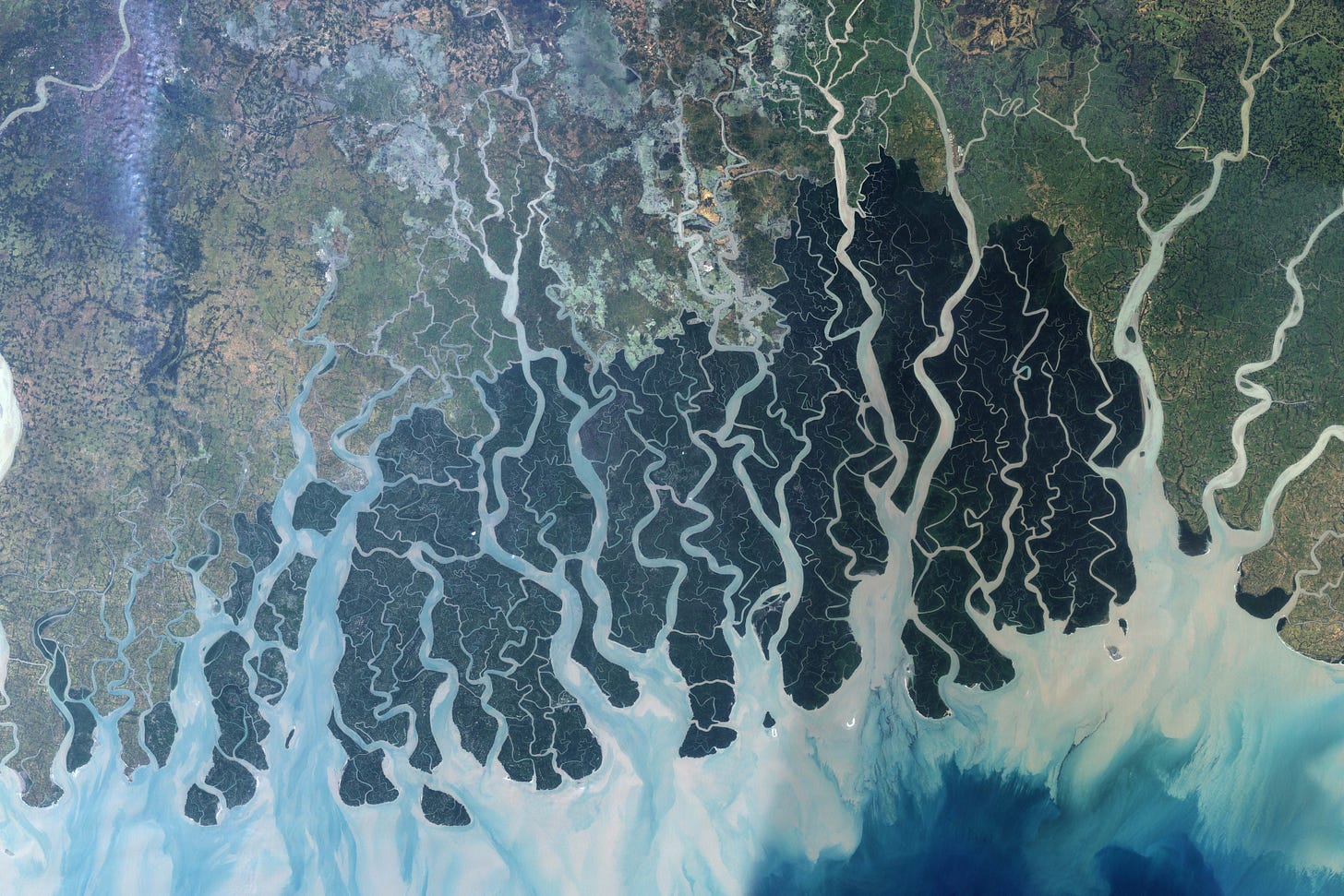
Hi folks!
Each time I release one of these posts, something major seems to have happened in the world. It seems a non-stop barrage of bad news at times. I won’t go into the details because you’ll be sick of hearing it. But there is good happening at the same time. Focus on the small things. Like getting yourself or your kids out into the forest to explore the wonders of nature. As I recently shared, we all need more connection to nature.

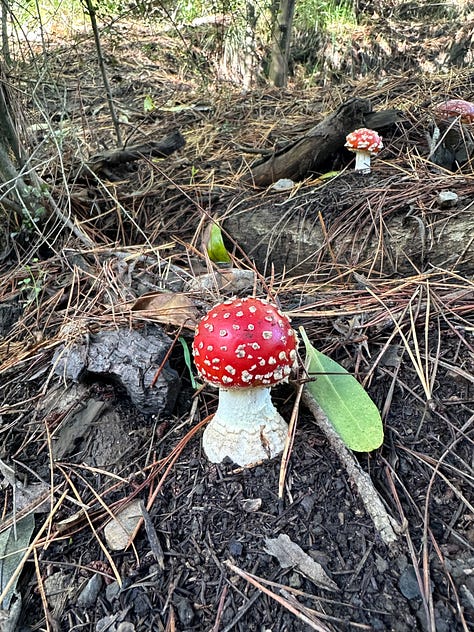
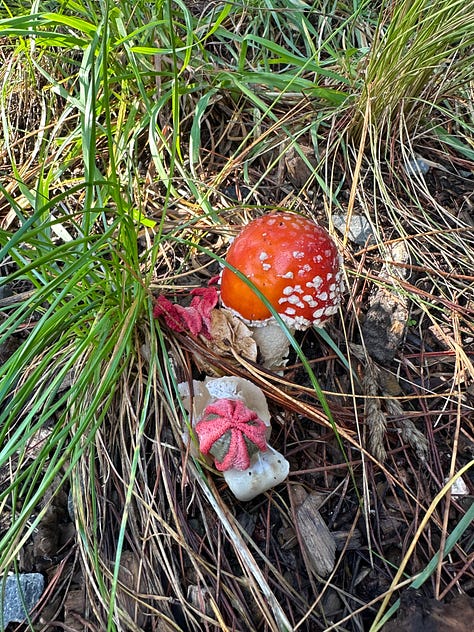

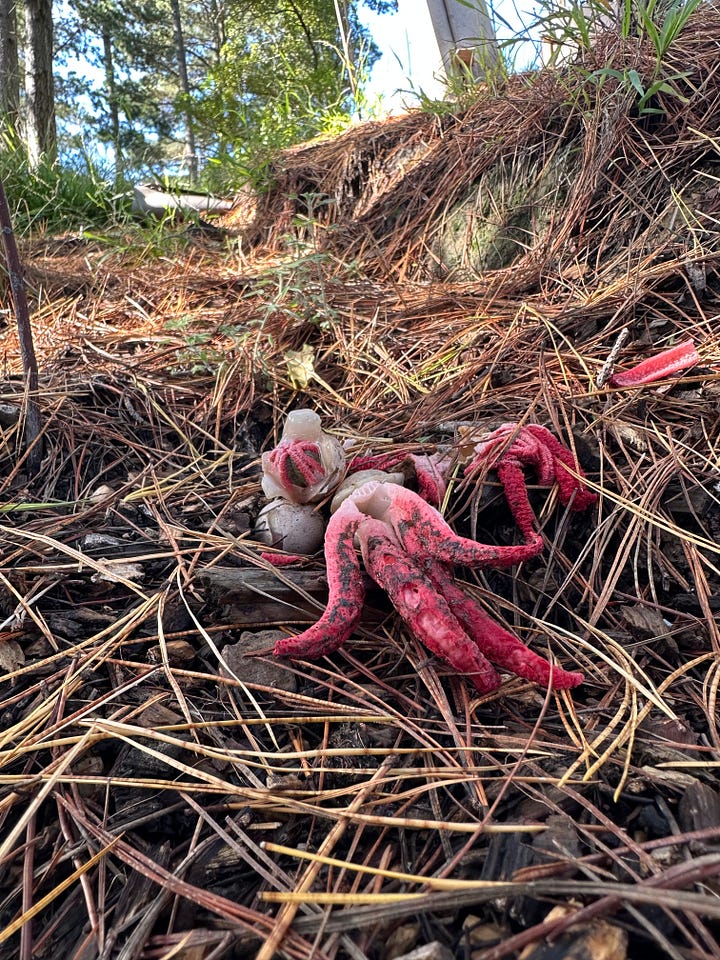
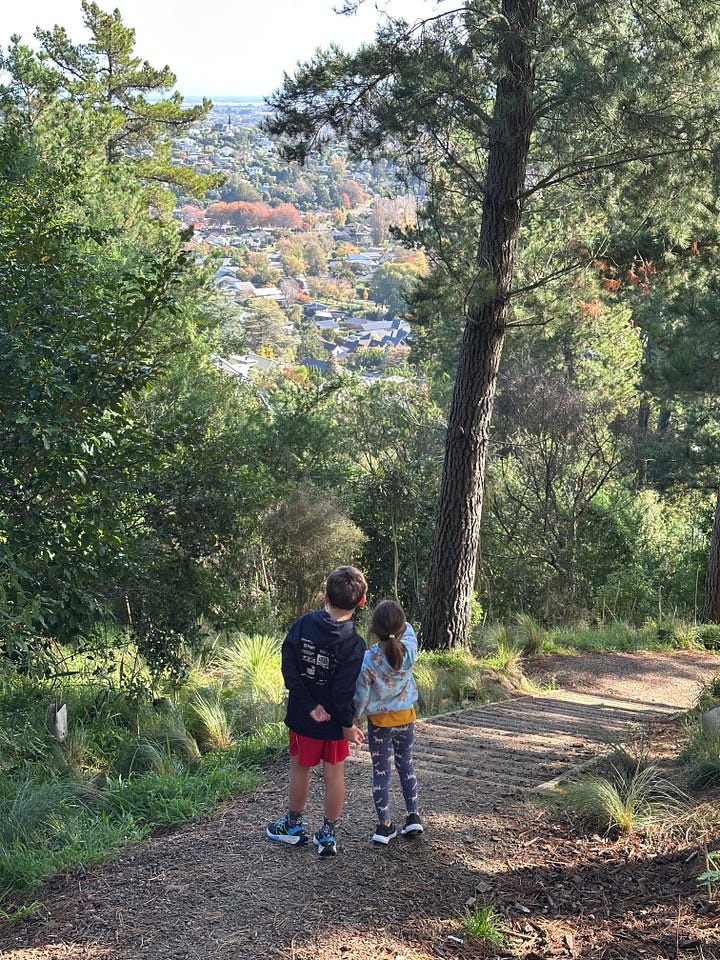
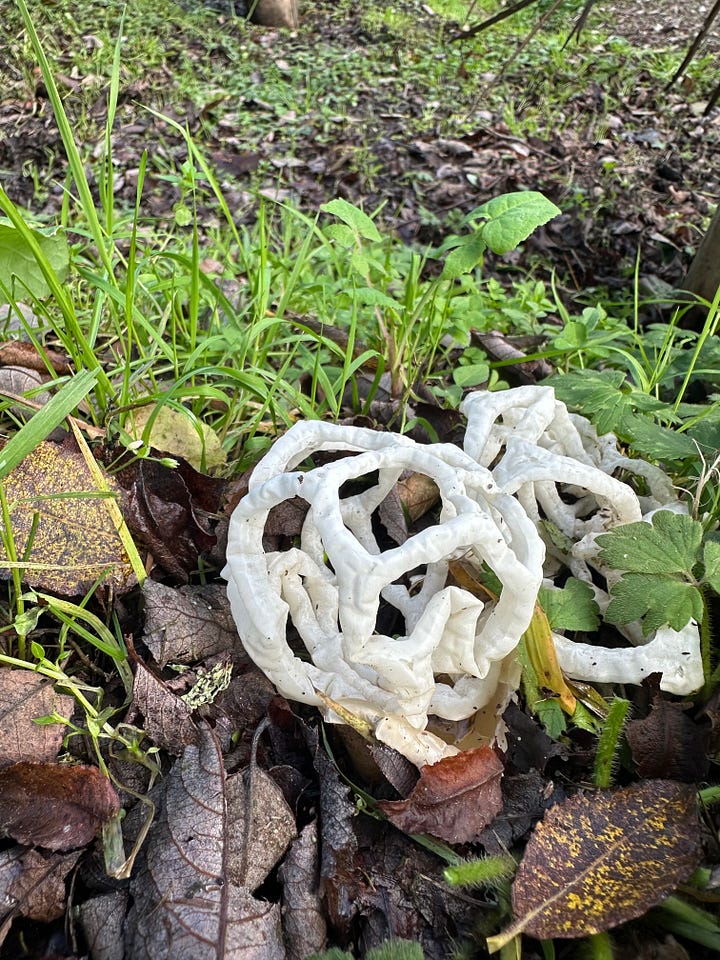
The forest featured above is dominated in places by mature nonnative pine, but it also has thousands of natives that have been planted in recent years by members of the community. And the flood we experienced was dampened by nature-based flood management strategies the city has developed. So 👇👇
Anyway, enjoy this week’s tidbits. Remember to guess the image location — leave your guess in the comments below.
Paper I’m reading
White, T. B., T. Bromwich, A. Bang, L. Bennun, J. Bull, M. Clark, E. J. Milner-Gulland, G. W. Prescott, M. Starkey, S. O. S. E. zu Ermgassen, and H. Booth. 2024. The “nature-positive” journey for business: A conceptual research agenda to guide contributions to societal biodiversity goals. One Earth 7:1373–1386.
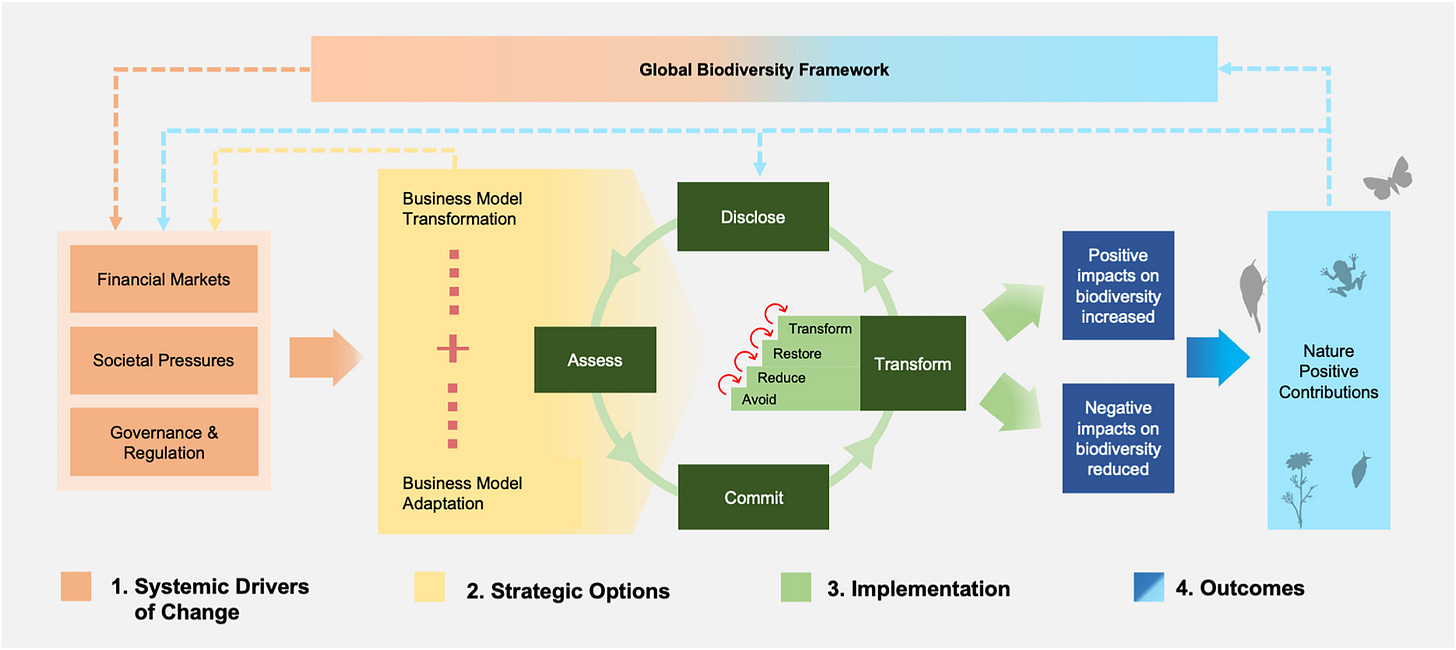
Nature Positive is a term being increasingly used in the business community to promote practices that align with societal goals to halt and reverse biodiversity loss. It’s fantastic to see biodiversity climbing the global agenda. Businesses are committing to "nature-positive" goals all around the world.
For those new to the term nature positive:
“Nature Positive is a global societal goal defined as ‘Halt and Reverse Nature Loss by 2030 on a 2020 baseline, and achieve full recovery by 2050’. To put this more simply, it means ensuring more nature in the world in 2030 than in 2020 and continued recovery after that.
Delivering the Nature Positive goal requires measurable net-positive biodiversity outcomes through the improvement in the abundance, diversity, integrity and resilience of species, ecosystems and natural processes. The Nature Positive goal is designed to drive society to deliver a measurable absolute improvement in the state of nature against a defined baseline, which will in turn improve nature’s ability to contribute to human wellbeing. The definition was first published in 2020, and is summarized in the following graphic:”
Businesses have a key role to play…
Within this broader agenda, businesses have a vital role to play in contributing toward this goal by setting and meeting ambitious targets to (1) address their impacts using the mitigation hierarchy (with offsets as the final step after avoidance, reduction, and remediation of impacts), (2) take positive actions to enhance biodiversity (e.g., direct restoration action, purchasing biodiversity credits), and (3) drive broader transformative change.
— White et al. (2024)
But the problem is that achieving these ambitions is no small feat. It requires transformative change to how businesses are run. To make matters worse is the massive uncertainties over exactly how to achieve these goals — what actions businesses need to take. This is not to mention the obvious possibilities of greenwashing for such initiatives.
In this paper, White and colleagues set out a collaborative research agenda to guide strategies that result in effective outcomes for nature. Not only that, but also to help avoid negative social and environmental repercussions. This is a useful paper for anyone looking to strategise nature-positive actions, whether individual businesses, business sectors or researchers.
Climate news of the week
Well, Tony Blair thinks fossil fuel reduction is doomed to fail. He’s calling for technological solutions. Yes, technological solutions such as carbon capture are absolutely needed, but relying on them is kicking the can down the road. We need immediate and drastic reductions in the use of fossil fuels. Not much more to be said here.
Conversation piece of the week
As you know, I can get a bit fixated on short-termism and the need to shift to more long-term thinking. This excellent piece by my colleague at the University of Canterbury, Tom Logan, highlights the need to not respond to disaster events with knee-jerk actions. Instead, careful planning is required to prepare society for the next event, and the one after that, building resilience one step at a time.
“When high-impact weather events drive long-term policy decisions, we risk implementing changes that seem protective but actually increase the risk of future disasters or misallocate limited resources.”
— Tom Logan
Blog of the week
“The older I get, the more convinced I become that it’s a critical life-skill – at least if you’re roughly the sort of person I am – to get better at disappointing other people.”
May sound rough, but it’s important to realise we can’t please everybody all the time. I forever struggle with this, but there are only so many hours in the day.
I’m a huge fan of his for the way
highlights our finitude as human beings. This post Be a disappointment is a good example.Favourite note on Substack
In last week’s post 33 thoughts for early career researchers, one of my reflections was:
It’s a numbers game sometimes. When you think you will never have a good enough idea for a Nature or Science paper, remember those that get them tend to have many papers or try regularly.
This post below made that point beautifully.
New paper out
I’m happy to share a new paper out last week.
Carneiro, L., B. Leroy, C. Capinha, C. J. A. Bradshaw, S. Bertolino, J. A. Catford, M. Camacho-Cervantes, J. Bojko, G. Klippel, S. Kumschick, D. Pincheira-Donoso, J. D. Tonkin, B. D. Fath, J. South, E. Manfrini, T. Dallas, and F. Courchamp. 2025. Typology of the ecological impacts of biological invasions. Trends in Ecology & Evolution. DOI: 10.1016/j.tree.2025.03.010
I know there are folks out there on Substack who don’t think invasive species are all that bad, but the fact of the matter is, they are. That’s why they’re considered one of the five main drivers of global biodiversity loss. The ecological impacts of biological invasions are so numerous and diverse. It’s a messy space — mechanisms and impacts, causes and consequences get mixed up. We created a structured typology of these impacts. I won’t go into more detail as I’m planning to write a post about this in the coming weeks.
In hindsight, it looks simple!
This was a fun piece led by Laís Carneiro emerging out of a workshop led by Franck Courchamp. Franck is an absolute master workshop organiser. I’ve been lucky to have been part of a series of his recent workshops in France.
And, lastly, for all the dads out there!
As always, let me know your thoughts in the comments. Which content did you enjoy the most? Which resonated. And don’t forget to guess the photo location?
Wishing you all a fun and productive week!
Jono
I’m aiming to reach 100 paid subscribers — not for the vanity badge, but because it unlocks tools and visibility that help Predirections reach more people and stay sustainable. That’s just 0.5% of you.
If you’d like to help me get there and join the inner circle, you’ll get access to exclusive member-only discussions, in-depth Q&As, behind-the-scenes insights, and bonus posts.
👉 Support this work for the cost of a ☕️ per month and help shape the future of this space.
If you’re keen but the cost is a barrier, just message me! I’ll make something work. No questions asked.
Your support — at any level — means more than you know. Thanks for considering it. 🙏





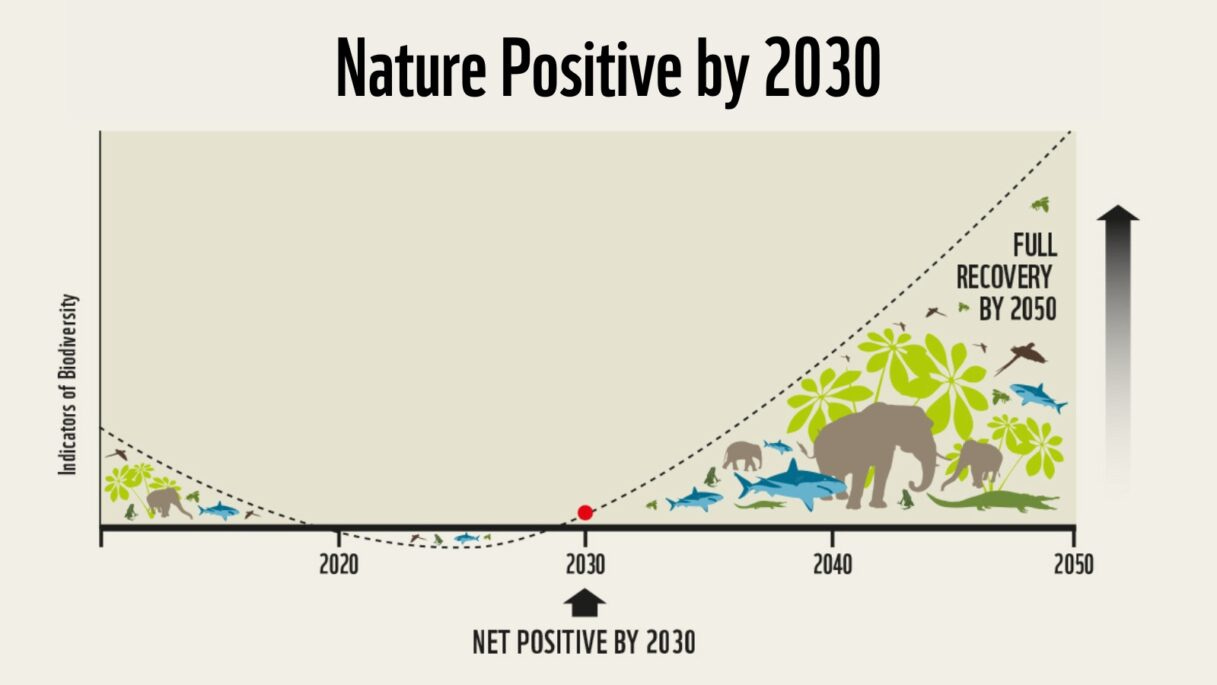

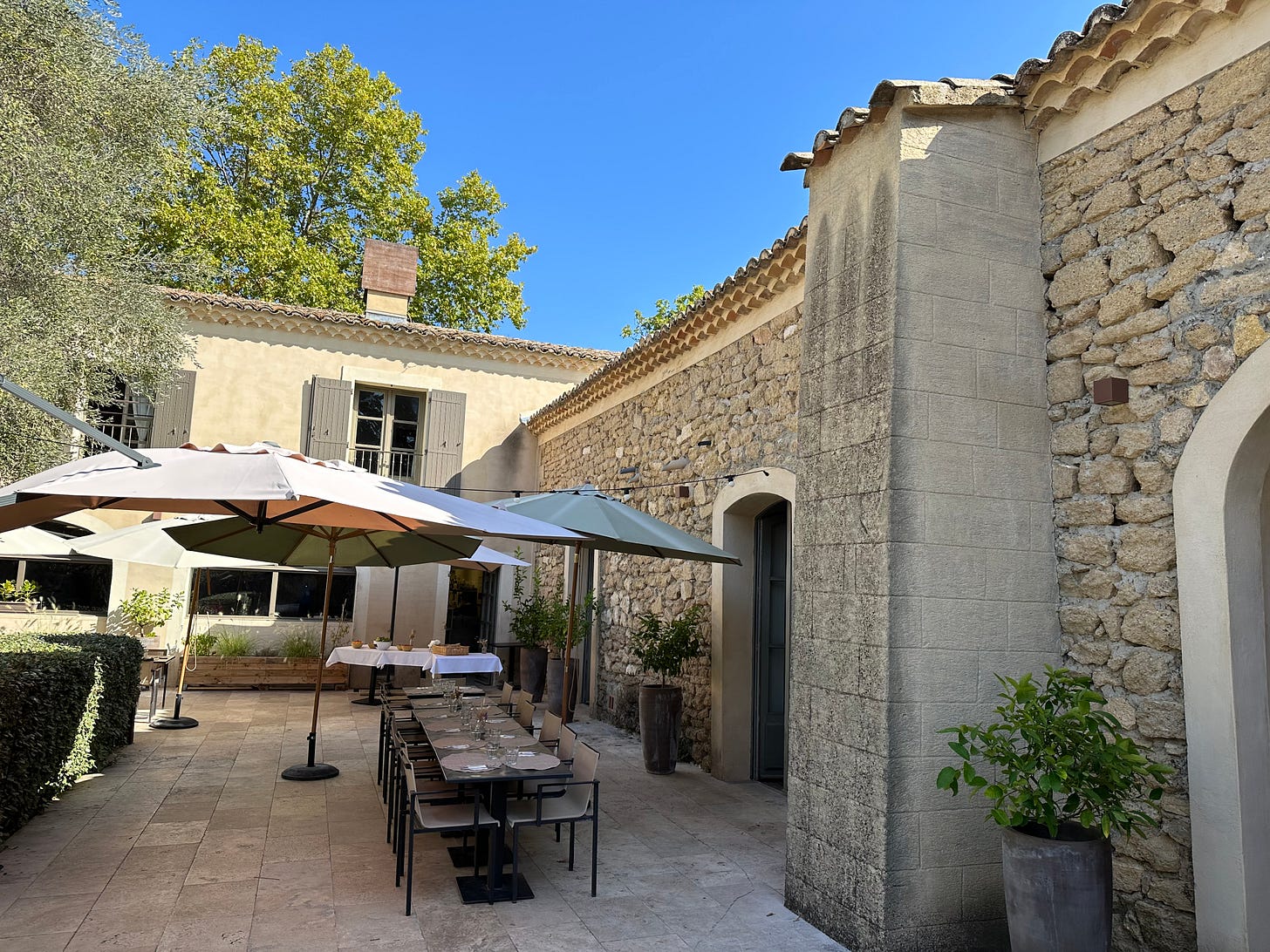
My NFP is developing a nature+carbon standard with the Australian National University that tries to pull some of these concerns together - this may be of interest to you. We are grappling with many of the concerns that you are discussing, and I appreciate your insights.
Aerial/satellite photo is the Sundarbans!